Dhaka, Apr 27 (V7N) — The spread of misinformation in Bangladesh rose sharply in the first quarter of 2025, increasing by 21 percent compared to the previous quarter, and 28 percent compared to the same period last year, according to a new report released by fact-checking organization Rumor Scanner.
The findings, based on an analysis of reports published on Rumor Scanner's website from January to March 2025, reveal a troubling trend. The group identified 654 instances of misinformation during the first three months of the year, driven largely by political developments, national events, and religious issues.
According to the Fact Check Investigation Team, much of the misinformation centered around political figures, notably ousted former Prime Minister Sheikh Hasina, with 80 percent of misinformation involving her portraying her in a favorable light. Among political parties, Bangladesh Jamaat-e-Islami was most frequently involved in misinformation.
Social media platforms, particularly Facebook, were identified as the primary sources of fake news. Of the misinformation tracked, 748 cases were linked to Facebook — averaging at least eight instances per day. Following Facebook, the microblogging platform X (formerly Twitter) accounted for 162 cases, YouTube for 124, and TikTok and Instagram each for 67. The country's mainstream media also contributed to the problem, with 42 cases of misinformation traced back to local news outlets, while Indian media outlets were linked to 20 incidents involving Bangladesh.
Platform-based analysis revealed that of the 654 pieces of misinformation, 507 were completely false, 226 were misleading, and 102 were distorted. Two cases were categorized as humor or satire. Rumor Scanner verified 333 facts, 163 images, and 341 videos during their investigation.
The report highlights that political misinformation remains the most dominant category, accounting for 346 cases, or about 41 percent of the total. Misinformation surrounding national issues made up approximately 29 percent, while religious misinformation continued to rise — a trend observed since last year.
In terms of political parties, BNP (Bangladesh Nationalist Party) was the subject of eight direct pieces of misinformation, while 46 cases involved the party’s affiliates and activists. BNP Secretary General Mirza Fakhrul Islam Alamgir was a frequent target, with 78 percent of misinformation about him being negative. Meanwhile, 83 percent of the six false claims regarding BNP Acting Chairman Tarique Rahman portrayed him positively.
The National Citizens Party (NCP) was implicated in two misinformation incidents, and its leaders in 20 cases.
The report also points to a campaign of misinformation targeting the 'anti-discrimination student movement,' with 20 cases involving the organization and 30 more involving its leaders. Key figures like Hasnat Abdullah and Sarjis Alam each faced 10 cases of misinformation.
A continued stream of false information has also been directed at the interim government led by Nobel Laureate Professor Dr. Muhammad Yunus, which took office on August 8, 2024, following the fall of the Awami League government. Rumor Scanner recorded 44 misinformation incidents against the interim government in the first quarter of 2025, with 93 percent portraying it negatively. Dr. Yunus himself was the subject of 51 misinformation cases during the same period, 90 percent of which were negative. Since August 2024, there have been 179 misinformation items targeting the interim government and 161 targeting Dr. Yunus.
Law enforcement and armed forces were not spared either, with 60 cases recorded, 42 of which involved the Bangladesh Army. General Waqar-uz-Zaman, the Army Chief, was specifically targeted in 11 instances.
Rumor Scanner also noted an ongoing trend of false narratives originating from India. In the first quarter alone, 20 incidents involving Bangladesh were linked to 23 Indian media outlets, with 'Aajtak Bangla' topping the list by spreading eight misinformation pieces. Additionally, 15 incidents stemmed from Indian-operated social media accounts and pages.
Communal misinformation was a major concern, with 78 incidents recorded in the first quarter of 2025 — 61 percent of which were traced to Indian social media sources. Overall, Indian entities played a role in 83 misinformation campaigns targeting Bangladesh during this period.
Rumor Scanner concluded that despite efforts to curb false narratives, political, national, and religious misinformation remains a persistent and growing threat to Bangladesh's information landscape.
END/MSS/AJ





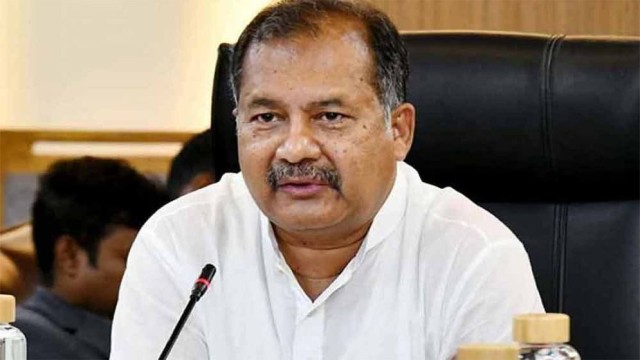
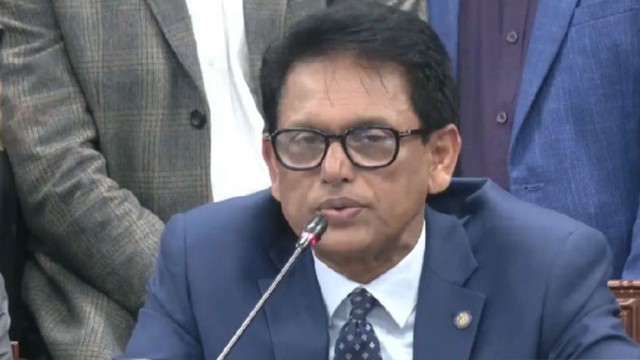


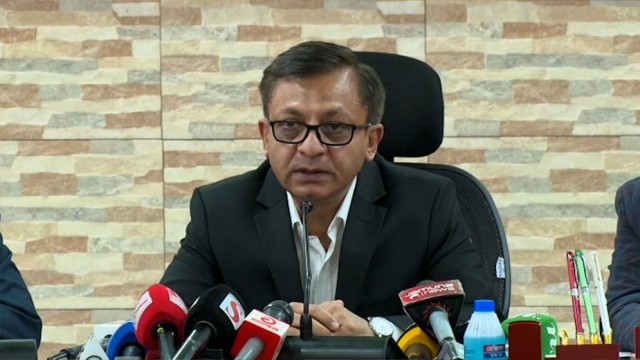

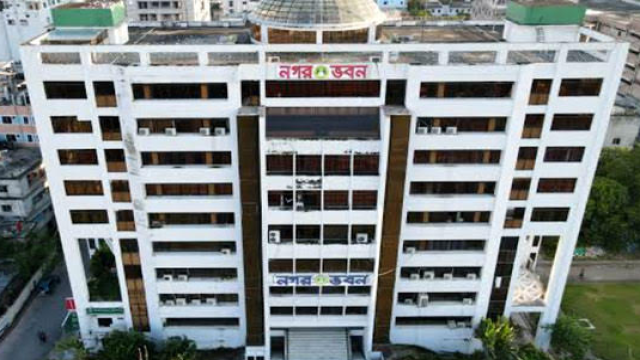

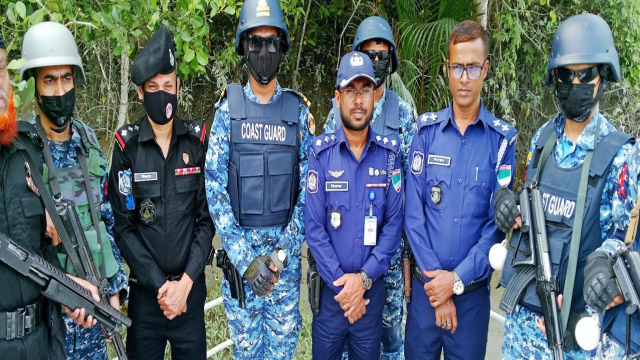
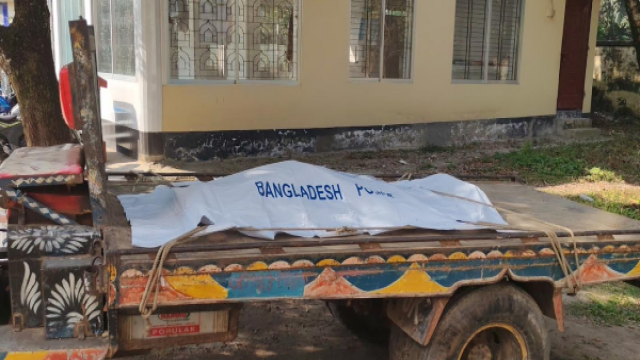
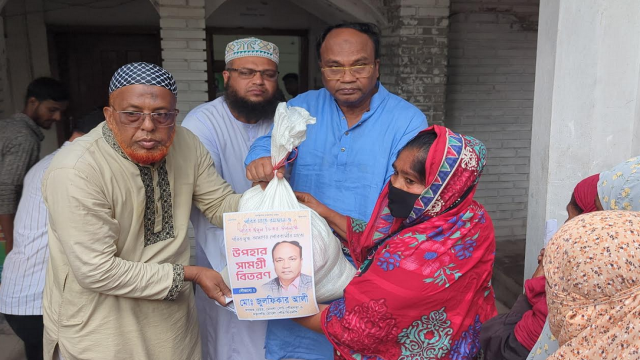

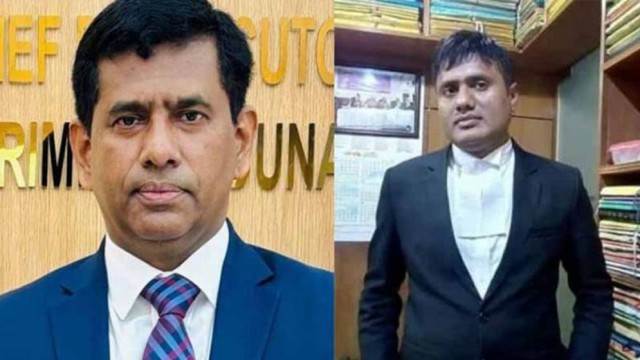










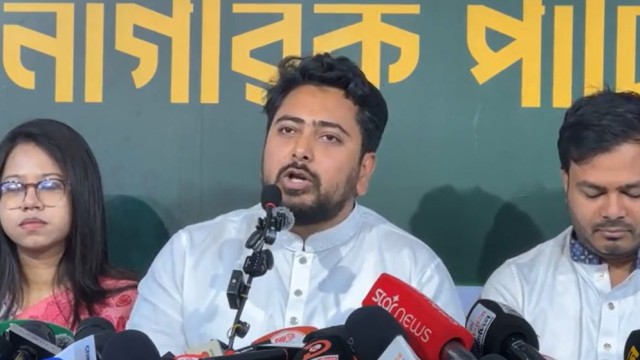

Comment: